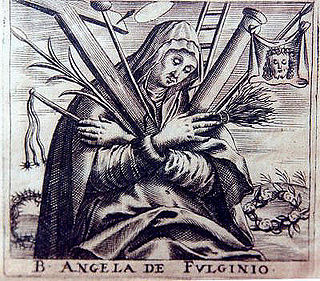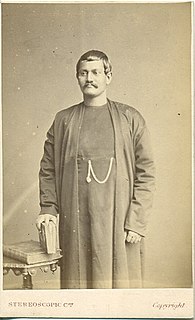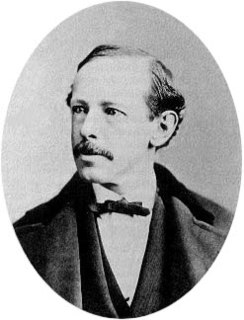A Quote by Tacitus
Noble character is best appreciated in those ages in which it can most readily develop.
Related Quotes
If an organised body is not in the situation and circumstances best adapted to its sustenance and propagation, then, in conceiving an indefinite variety among the individuals of that species, we must be assured, that, on the one hand, those which depart most from the best adapted constitution, will be most liable to perish, while, on the other hand, those organised bodies, which most approach to the best constitution for the present circumstances, will be best adapted to continue, in preserving themselves and multiplying the individuals of their race.
The truths which are represented in England and Western countries generally, are those which refer to force of character, earnestness of purpose, conscientious strictness, noble charity, practical duty, whilst the truths which I find peculiarly developed in India - developed to a greater extent than anywhere else, - and in the Eastern countries generally, are those which have reference to sweetness of communion, sweetness of temper, meekness and resignation unto God.
According to my observations, mankind are among the most easily tamable and domesticable of all creatures in the animal world. They are readily reducible to submission, so readily conditionable (to coin a word) as to exhibit an almost incredibly enduring patience under restraint and oppression of the most flagrant character. So far are they from displaying any overweening love of freedom that they show a singular contentment with a condition of servitorship, often showing a curious canine pride in it, and again often simply unaware that they are existing in that condition.
Everyone has in him something divine, something his own, a chance of perfection and strength in however small a sphere which God offers him to take or refuse. The task is to find it, develop it & use it. The chief aim of education should be to help the growing soul to draw out that in itself which is best and make it perfect for a noble use.







































